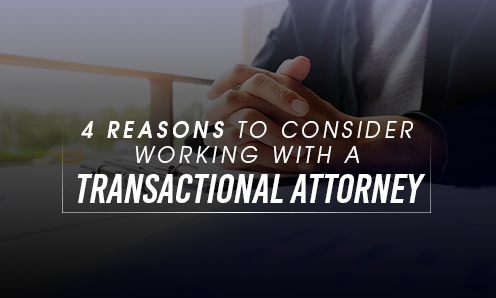
Lease Negotiations: Don’t Let the Other Party Turn Your Lease Agreement into a Blank Check
Leasing a commercial property can be a significant investment for your business, and the lease agreement is a crucial element of that investment. It is important to negotiate the terms of your lease agreement to ensure that it meets your business needs while also protecting your interests. One common mistake that tenants make during lease negotiations is allowing the other party to turn their lease agreement into a blank check. In this blog post, we’ll discuss what this means and how you can avoid it. What does it mean to turn your lease agreement into a blank check? When we







